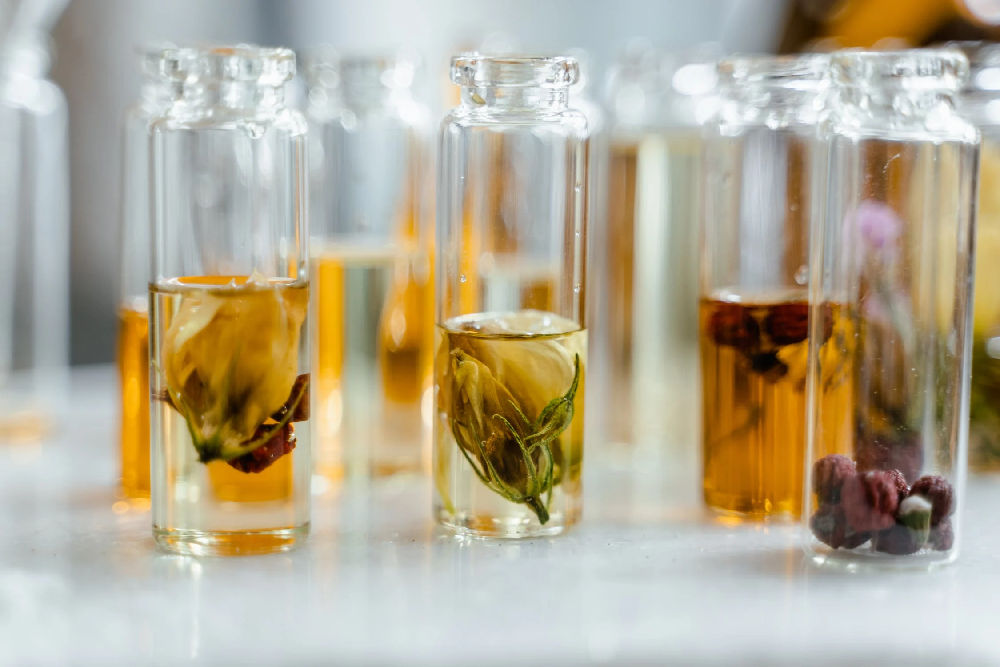
Photo by mart production
Published on: Dec 28, 2023
Olive oil, often called "liquid gold," is deeply rooted in Mediterranean culture, valued not just for its culinary use but also for its historical significance in medicinal and religious practices. The global olive oil market, worth $22.3 billion in 2022, is expected to grow significantly in the coming decade. However, this lucrative industry is facing a dark shadow: the rise of criminal enterprises exploiting the high demand for olive oil.
In Italy, Spain, and Greece, where some of the world's finest extra virgin olive oils are produced, fraudulent activities have become increasingly common. Criminal gangs are creating fake olive oils, using cheaper alternatives like sunflower or canola oil, and even adding chlorophyll or beta carotene for coloring. These counterfeits can fetch high prices, deceiving consumers with misleading labels that claim the oil is 100% Italian or Spanish.
Authorities in Spain and Italy, collaborating with Europol, have recently arrested individuals linked to such fraudulent operations. They seized thousands of liters of adulterated olive oil and fake labels, exposing a dangerous trend in the industry. The rising demand, coupled with reduced olive oil production due to adverse weather conditions, has created a perfect storm for these illicit practices.
The so-called “agri mafia” has been capitalizing on supply shortages by producing counterfeit olive oils and infiltrating legal supply chains. These illegal practices pose public health risks and undermine consumer trust, leading to economic repercussions. In response to these threats, the North American Olive Oil Association (NAOOA) conducts rigorous testing to prevent adulterated products from entering the US market, ensuring consumer confidence in the quality and authenticity of olive oil.
Apart from counterfeit production, olive tree theft has also escalated, with criminals targeting entire trees or productive branches, causing significant damage. This rise in thefts and warehouse break-ins points to the desperate measures taken by these criminal groups to meet their demand for quality olives.
The European Commission's 2022 report highlights olive oil as one of the most fraudulently labeled foods in Europe. With prices of extra virgin olive oil soaring due to production shortages and droughts, the market becomes even more lucrative for criminals. This ongoing challenge in the olive oil industry calls for vigilant monitoring and stricter regulations to protect the integrity of this ancient and revered "liquid gold."